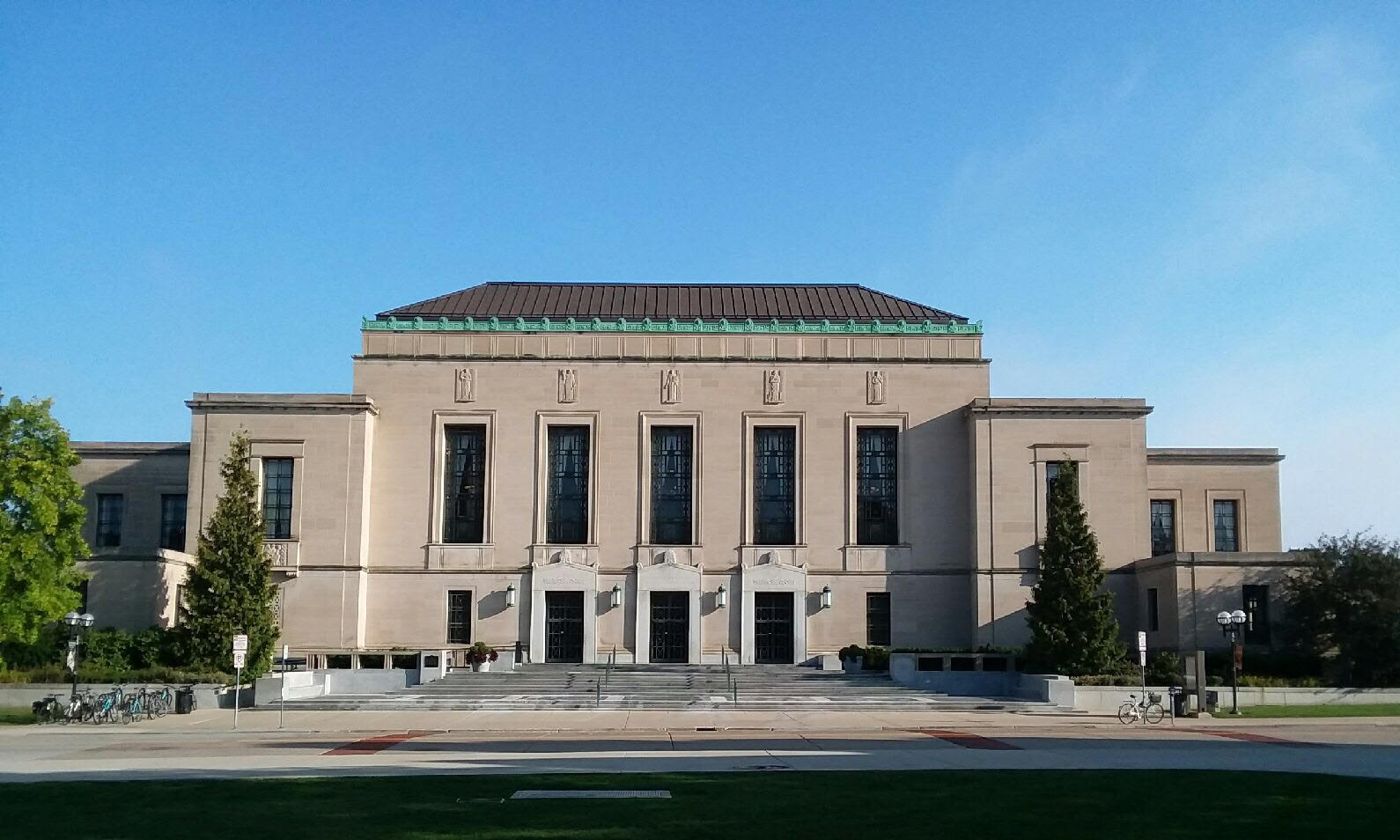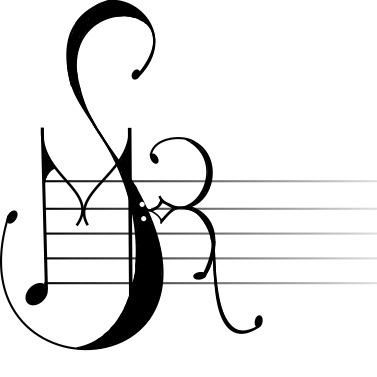
On April 2nd 2021, Nee Chucherdwatanasak presented a portion of her dissertation, “Creative Destruction, Perpetual Rebirth: Classical Music in the Early Twenty-First Century,” to an audience of her committee members and gathered colleagues and friends via Zoom. Please see Nee’s abstract below, and be sure to be on the lookout for her defense this coming school year!
Creative Destruction, Perpetual Rebirth: Classical Music in the Early Twenty-First Century
A prevailing narrative of classical music in the twenty-first century involves its death. Some scholars have reframed this discourse in terms of what political economist Joseph Schumpeter called “creative destruction,” through which existing institutions are dismantled so that new structures can rise in their places. Examining creative destruction in action, this dissertation analyzes a set of significant challenges and transformations reshaping classical music in the early twenty-first century. Drawing on Howard Becker’s conception of art worlds, in which art develops through cooperative networks of agents, this dissertation observes recent transformations of classical music through the lens of differently positioned individuals and institutions. This study seeks to identify and interrogate directions that hold productive potential, while examining the struggles, contradictions, and power dynamics that occupy the contemporary classical music scene.
Three overlapping concerns of neoliberal rationality inform this dissertation: entrepreneurialism, branding, and democratization. Drawing on the work of Andrea Moore and John Pippen, both of whom have criticized entrepreneurialism as a means to further propagate neoliberal precarity, Chapter 1 examines music entrepreneurship curriculum and the dichotomy between successful entrepreneurs and precarious music workers. Building on the work of William Robin and Timothy Taylor, Chapter 2 investigates how neoliberal practices of branding intersect with collaborative working processes by examining the vocal octet Roomful of Teeth. Marianna Ritchey’s work on opera and gentrification provides a springboard for Chapter 3 to explore the Detroit Symphony Orchestra’s promise to democratize the art form, which has proven challenging in light of the inequality gap between rich and poor in and around the city of Detroit. Concluding the dissertation, Chapter 4 examines the current landscape of classical music in the wake of the COVID-19 global pandemic. It demonstrates how transformations set in motion by contemporary musicians and institutions have—in the words of Howard Becker—“won organizational victories” and hold promise for sustaining classical music through the time of the pandemic and potentially beyond.
Recent Posts
SMR to Host Midwest Graduate Music Consortium 2025 Conference – January 13, 2025
SMR Welcome BBQ at County Farm Park – October 01, 2024
Julian Grey defends dissertation – June 05, 2024
Michaela Franzen defends dissertation – May 21, 2024
Kai West defends dissertation – May 16, 2024
Micah Mooney and Carlos Pérez Tabares present at Music Theory Midwest – May 12, 2024
SMR end-of-year round-up at County Farm Park – April 25, 2024
SMR hosts Research Showcase – September 29, 2023
 Society for Music Research
Society for Music Research